Nestled in the heart of Bangladesh, Panam Nagar stands as a testament to the country’s rich history and architectural splendor. Often referred to as the “Forgotten City,” Panam Nagar is an ancient town that offers a fascinating glimpse into the past. This article will take you on a journey through Panam Nagar, exploring its history, architecture, significance, and efforts to preserve this cultural gem.
The Historical Significance of Panam Nagar
Panam Nagar was established in the late 13th century, during the rule of the Bengal Sultanate. It flourished as a bustling trade center in the 19th century, particularly known for its muslin production. This ancient town, located near Sonargaon in the Narayanganj District, was a vibrant hub for merchants and traders from different parts of the world. The city’s significance is rooted in its strategic location, which facilitated trade routes connecting Bengal with other regions.
The Architectural Marvels of Panam Nagar
One of the most captivating aspects of Panam Nagar is its architecture. The town is home to around 52 buildings, showcasing a blend of Mughal and European architectural styles. The houses are predominantly two-storied, constructed with red bricks and adorned with intricate designs. The fusion of different architectural influences reflects the town’s diverse cultural heritage.
Mughal Influence
The Mughal influence is evident in the ornamental details, arches, and spacious courtyards of the buildings. The symmetry and grandeur of these structures highlight the architectural excellence of the Mughal era.
European Influence
During the colonial period, European architectural styles made their way locally. The buildings exhibit features such as verandas, balconies, and decorative facades, reminiscent of European design.
Exploring the Streets of Panam Nagar
Walking through the local narrow streets is like stepping back in time. Each corner of this historical town tells a story of its glorious past. The streets are lined with old houses, some in ruins, while others have stood the test of time. As you explore, you can imagine the bustling life that once filled these now-quiet alleys.
The Economic Significance of Panam Nagar
In its heyday, Panam city was a major economic center, especially renowned for its muslin fabric. Muslin, a fine cotton fabric, was highly sought after in Europe and other parts of the world. The town’s economic prosperity attracted merchants, artisans, and traders, making it a melting pot of cultures and traditions.
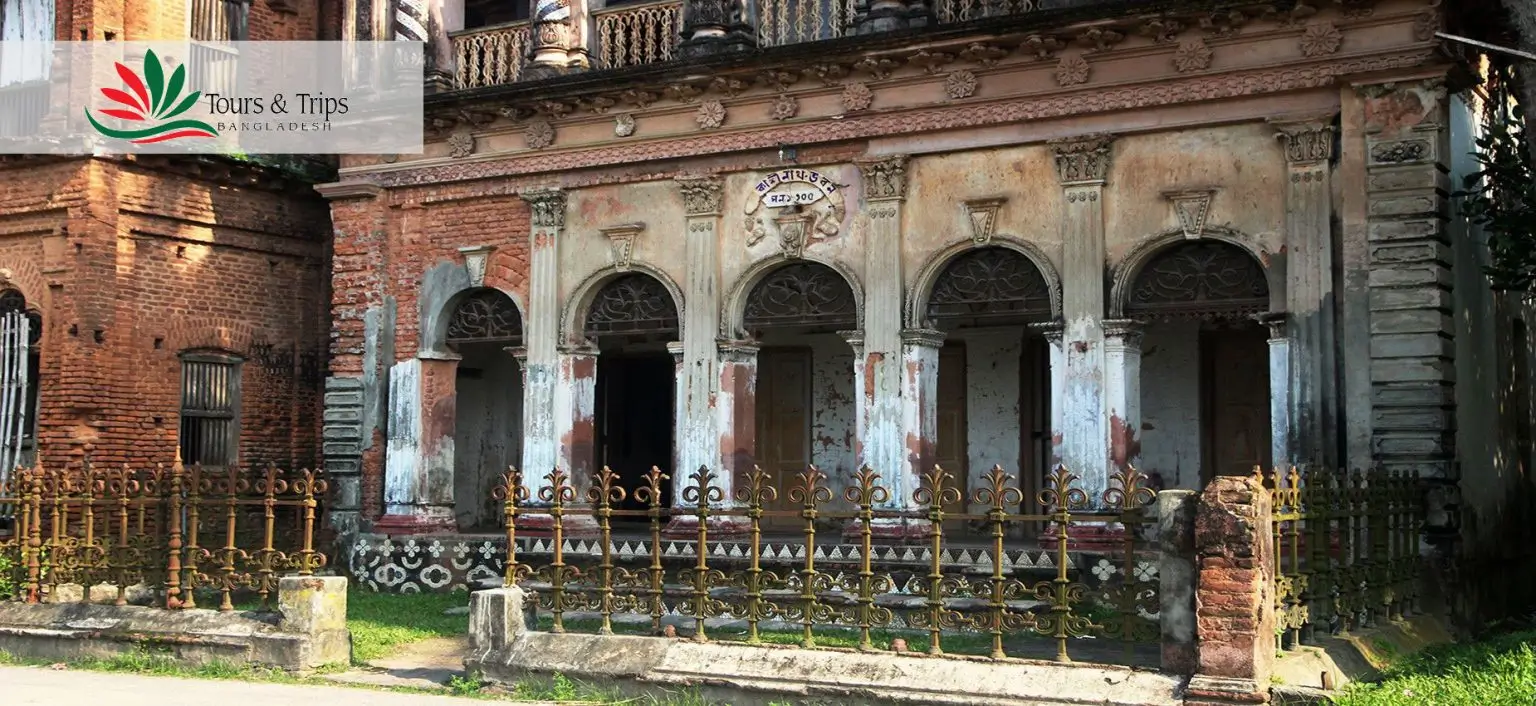
Cultural Heritage and Festivals
Panam Nagar is not just about architecture and history; it is also a hub of cultural heritage. The town has been a witness to various festivals and traditions over the centuries. These cultural events played a significant role in the social life of its residents, fostering a sense of community and belonging.
The Decline of Panam Nagar
Despite its historical and cultural significance, Panam Nagar faced a gradual decline. The decline began in the early 20th century, primarily due to the shift in trade routes and the advent of modern transportation. The partition of Bengal in 1947 and subsequent socio-political changes further contributed to the town’s abandonment.
Preservation Efforts
Recognizing the importance of Panam Nagar, various efforts have been made to preserve and restore its historical structures. The Bangladesh government, along with international organizations, has undertaken initiatives to protect this cultural heritage site. Conservation projects aim to restore buildings, improve infrastructure, and promote tourism.
Government Initiatives
The government has announced that Panam Nagar is now a designated protected area, meaning that any restoration efforts must adhere to strict regulations. Efforts include structural repairs, preservation of original designs, and prevention of further deterioration.
International Support
Organizations such as UNESCO have shown interest in Panam Nagar’s preservation. Collaborative projects with international bodies aim to bring global attention to this historical site and secure funds for its conservation.
Tourism in Panam Nagar
With its rich history and architectural beauty, Panam Nagar has the potential to be a major tourist destination. Efforts to promote tourism include the development of visitor facilities, guided tours, and informational centers. Tourism not only helps in preserving the site but also boosts the local economy.
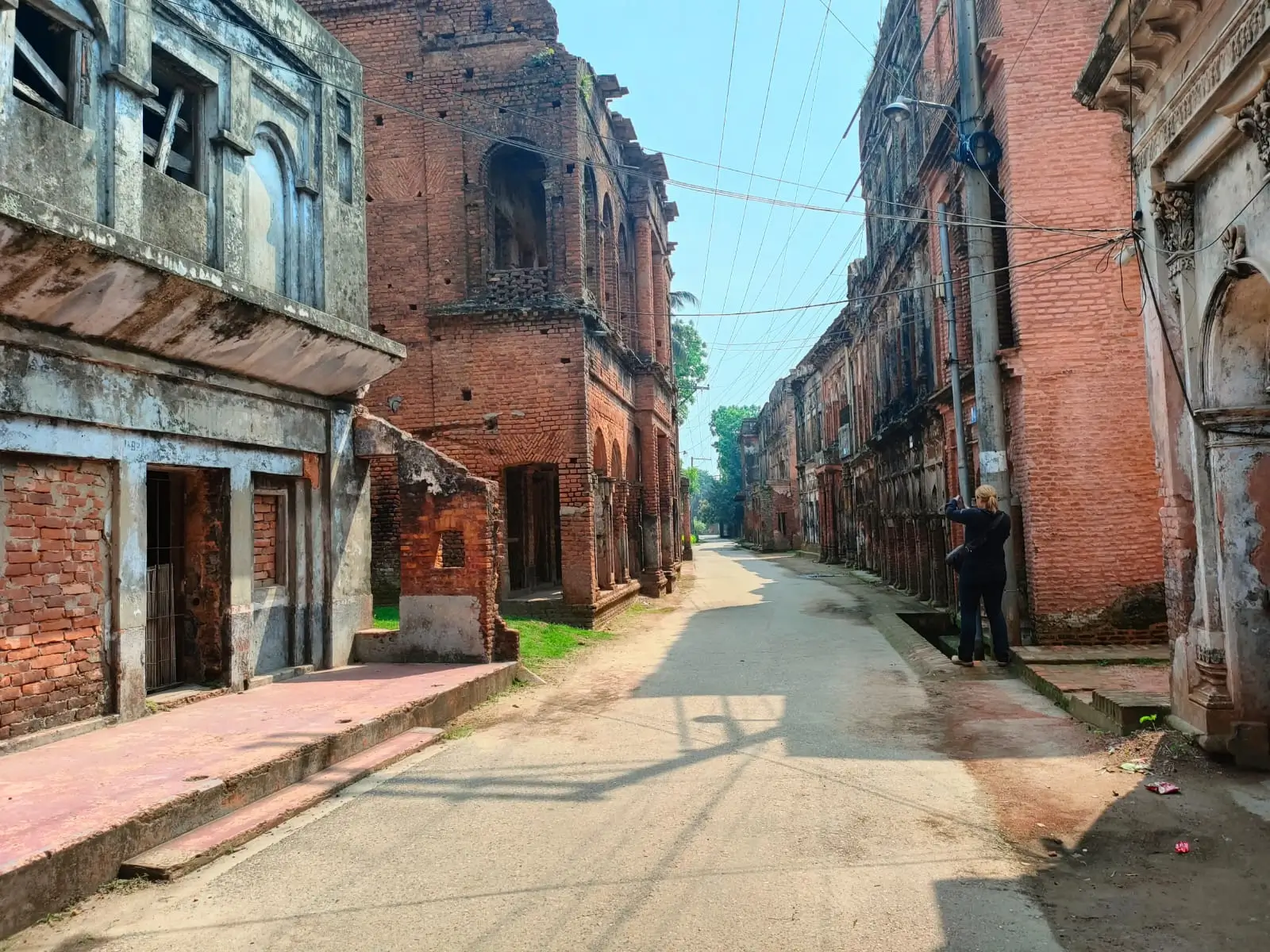
Attractions for Visitors
Visitors to Panam Nagar can explore the historical buildings, visit museums showcasing the town’s history, and participate in cultural festivals. The serene environment and picturesque views make it a perfect destination for history enthusiasts and photographers.
The Role of the Community
The local community plays an important role in preserving and promoting this place. Participation of the community helps to preserve and pass down cultural heritage to future generations. Awareness about the significance of protecting the historical site is spread through educational programs and workshops.
Challenges in Preservation
Despite efforts, conservation poses several challenges. Factors such as environmental degradation, lack of funds, and urbanization threaten the integrity of the site. Continuous monitoring and sustainable preservation practices are essential to protect this historical gem.
Future Prospects
The future of Panam Nagar lies in balancing preservation with modernization. Sustainable tourism, community involvement, and international support are key to ensuring that this historical town remains a vibrant part of Bangladesh’s cultural heritage.
Conclusion
A treasure trove of history, architecture and culture. Its rich heritage and historical significance make it a unique destination that deserves global recognition. While challenges in preservation persist, collective efforts from the government, international bodies, and the local community can ensure that Panam Nagar continues to enchant visitors for generations to come. Exploring Panam Nagar is not just a journey through an ancient town but a walk through the pages of history, offering a deeper understanding of Bangladesh’s cultural legacy.


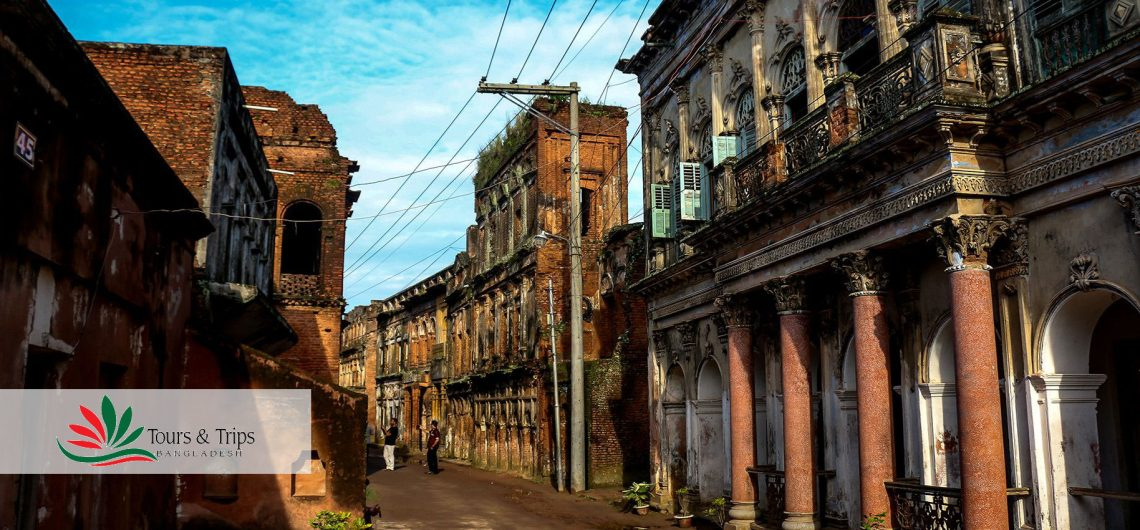
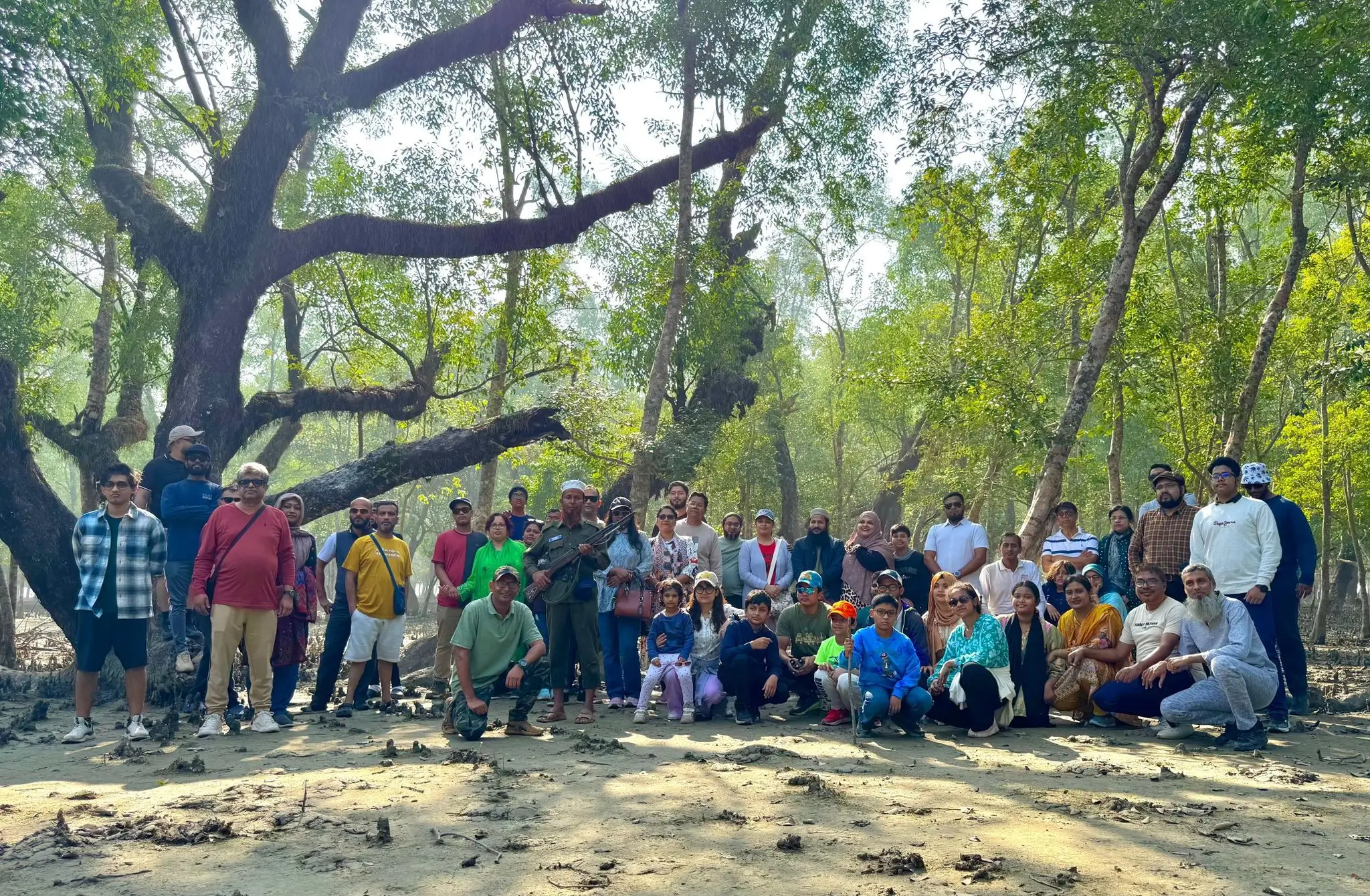
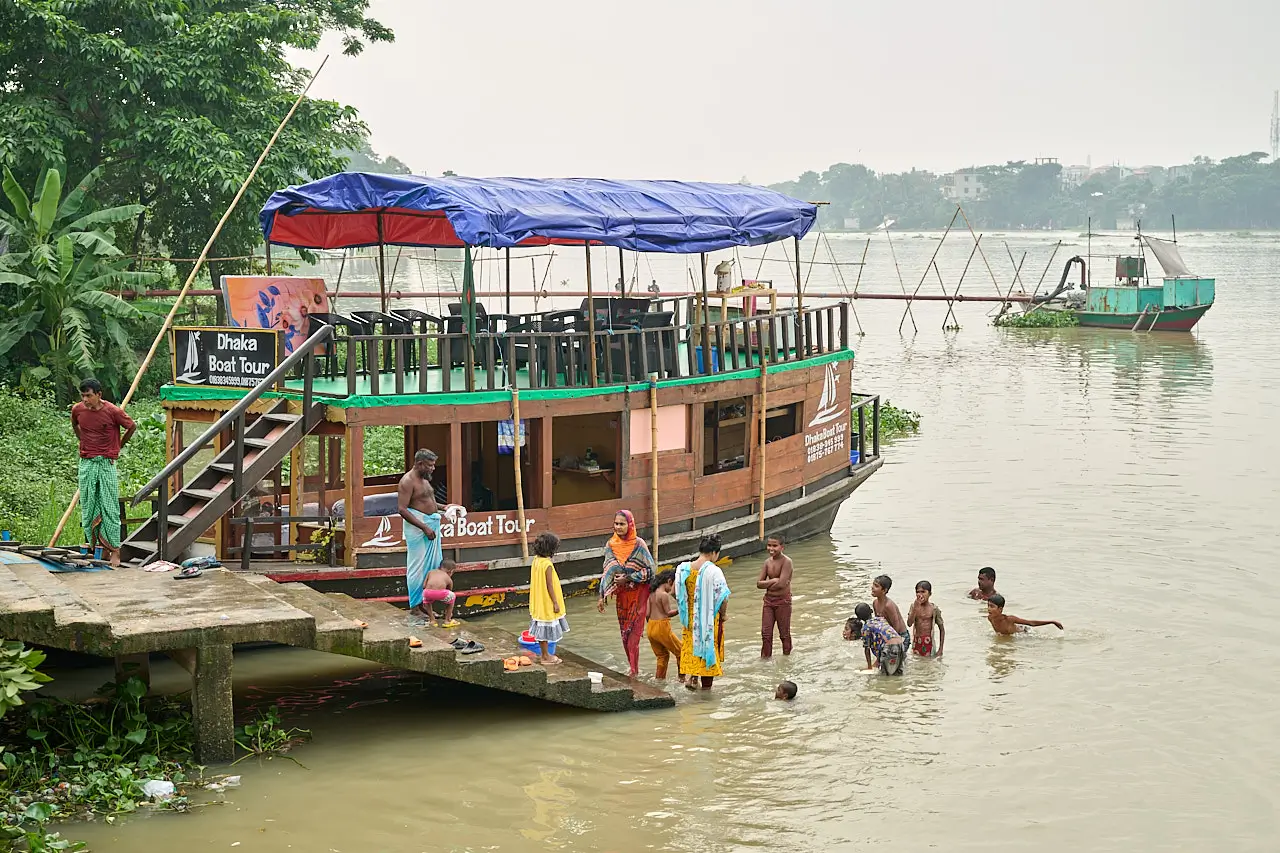
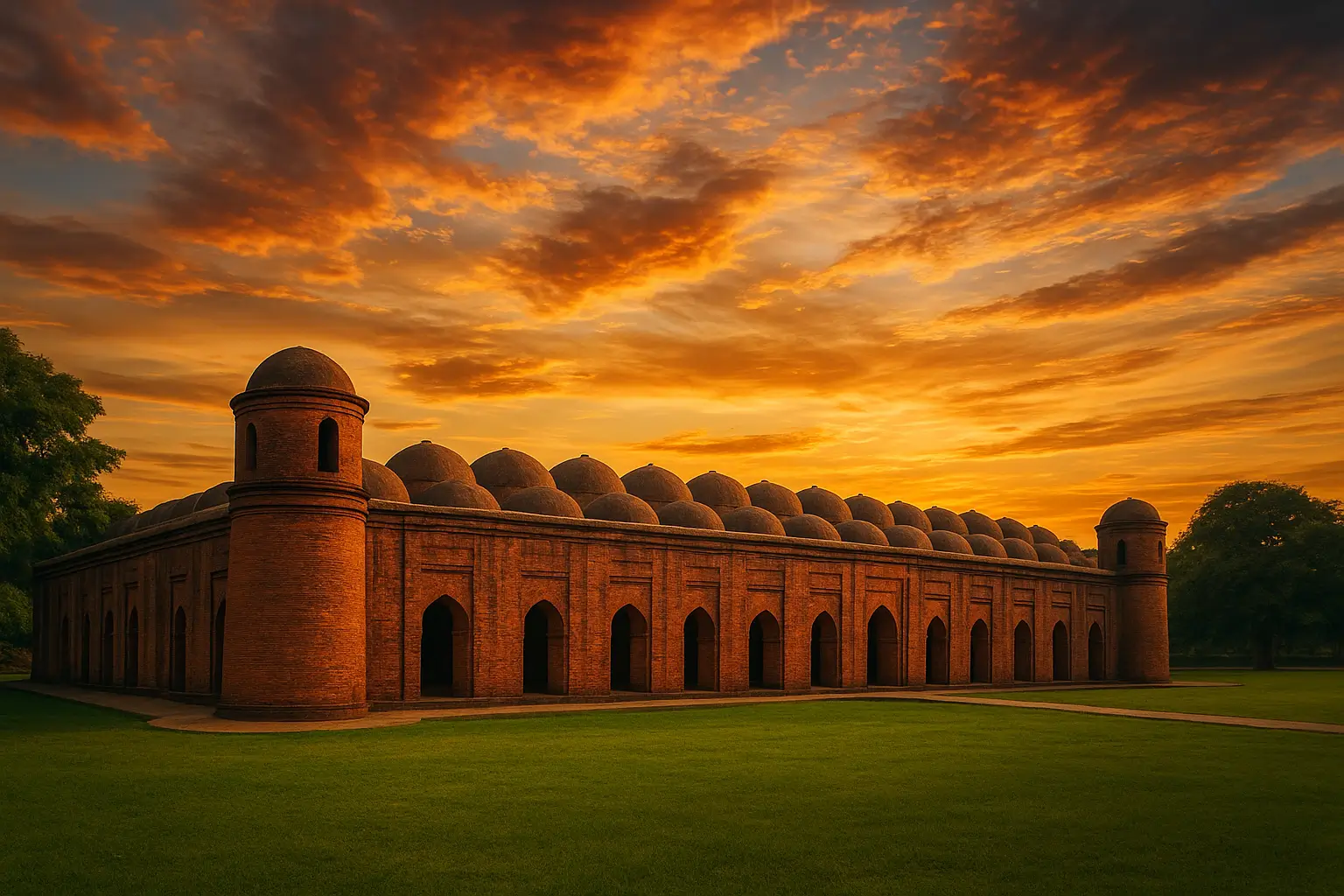
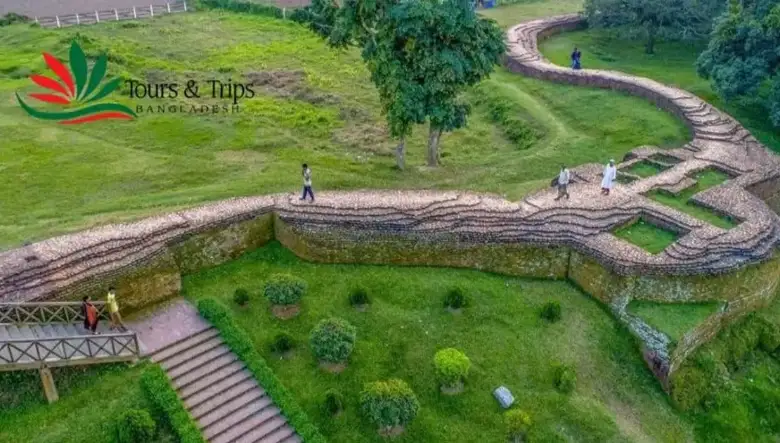
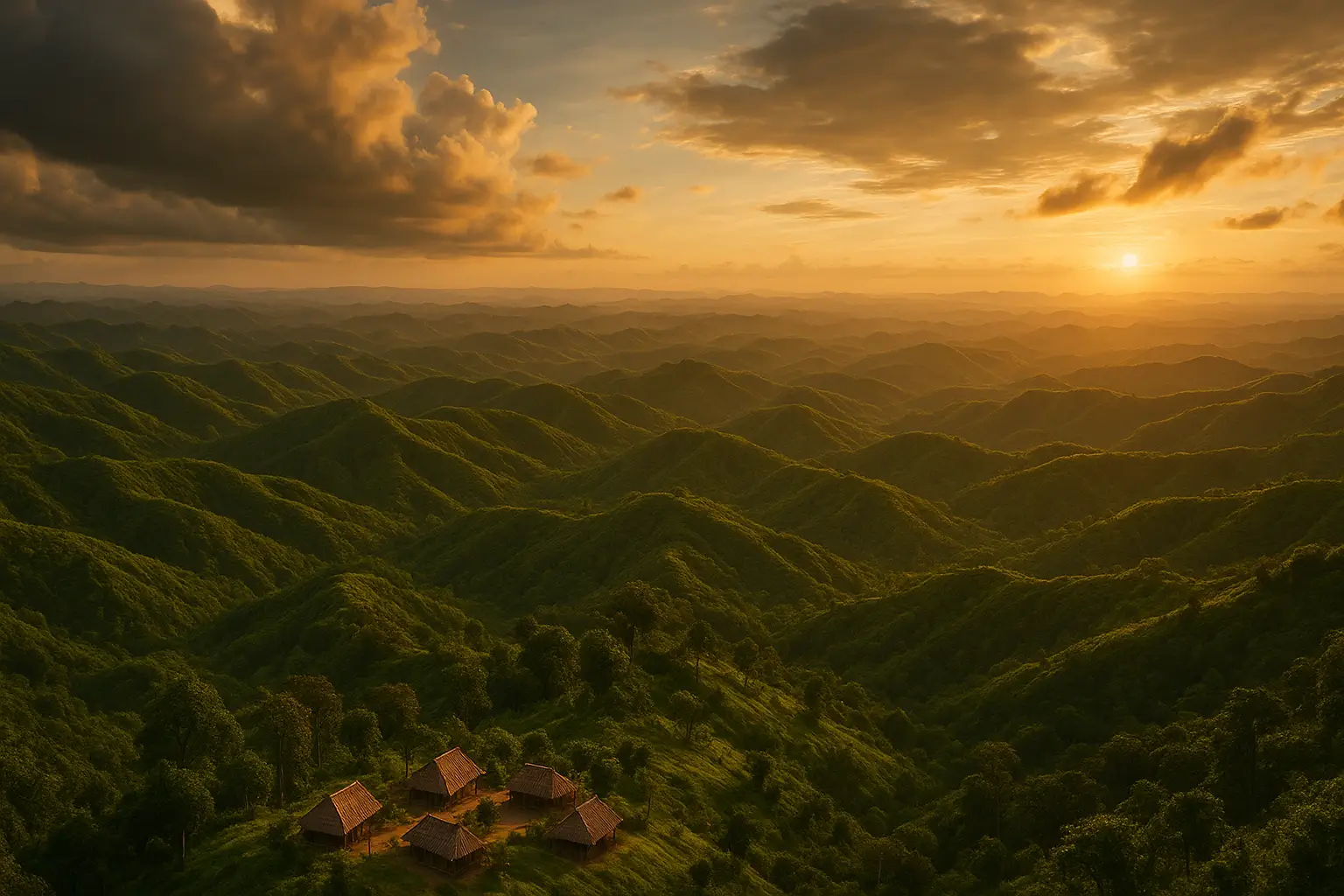



Comments